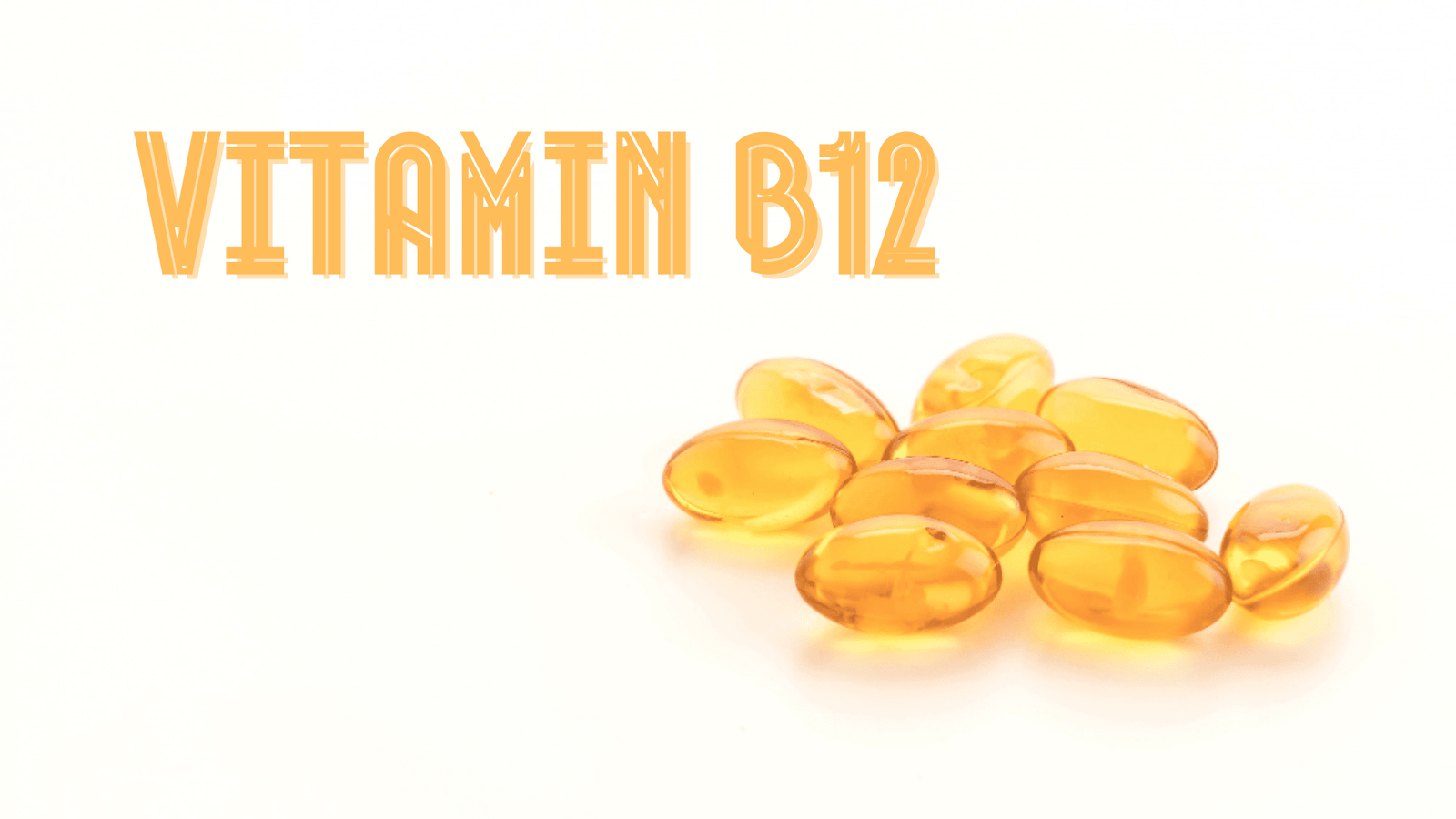Vitamin B12, also known as cobalamin, is a water-soluble vitamin that plays a crucial role in the proper functioning of the nervous system and the formation of red blood cells. It is one of the essential B vitamins that the body needs but cannot produce on its own, so it must be obtained through diet or supplements.
Sources of vitamin B12 include animal products such as meat, fish, poultry, eggs, and dairy products. Some fortified breakfast cereals and plant-based milk alternatives may also contain vitamin B12. However, vitamin B12 is not naturally present in plant-based foods, so vegans and vegetarians may need to supplement their diet with a vitamin B12 supplement or consume fortified foods to ensure they are getting enough of this nutrient.
A deficiency in vitamin B12 can lead to a variety of symptoms, including weakness, fatigue, anemia, neurological problems, and even permanent nerve damage in severe cases. People who are at a higher risk of developing a vitamin B12 deficiency include older adults, people with certain gastrointestinal disorders, and those who follow a strict vegan or vegetarian diet.
If you suspect you have a vitamin B12 deficiency, it is essential to talk to your healthcare provider, who can perform blood tests to diagnose the condition and recommend appropriate treatment, such as vitamin B12 injections or oral supplements.
Vitamin B12 is absorbed in a complex process that involves several steps and requires the proper functioning of the digestive system. Here is a brief overview of how vitamin B12 is absorbed:
- Vitamin B12 is naturally present in animal products in a protein-bound form. In order to be absorbed, it must first be released from the protein by enzymes in the stomach.
- Once released from the protein, vitamin B12 binds to a protein called intrinsic factor, which is produced by the stomach. Intrinsic factor protects vitamin B12 from being destroyed by stomach acid and also helps to facilitate its absorption.
- The vitamin B12-intrinsic factor complex is then carried to the small intestine, where it binds to receptors on the surface of the intestinal cells.
- The intestinal cells absorb the vitamin B12-intrinsic factor complex and transport it into the bloodstream, where it can be distributed to the body’s tissues.
Factors that can interfere with vitamin B12 absorption include certain medications, such as proton pump inhibitors and metformin, and gastrointestinal disorders that affect the production of intrinsic factor or the absorption of nutrients in the small intestine.
It is important to note that vitamin B12 absorption is a complex process, and not all sources of vitamin B12 are equally well-absorbed. For example, vitamin B12 from supplements and fortified foods is generally well-absorbed, but the absorption of vitamin B12 from animal products can be affected by factors such as age, digestive health, and the presence of other nutrients in the diet.
Vitamin B12 is mainly found in animal products, and there are very few plant-based sources of this essential nutrient. Vegetarians who do not consume animal products, including dairy and eggs, may need to take vitamin B12 supplements or consume fortified foods to meet their daily needs. Here are some vegetarian sources of vitamin B12:
- Fortified plant-based milk: Many plant-based milk alternatives, such as soy milk, almond milk, and coconut milk, are fortified with vitamin B12. Be sure to check the label to make sure it is fortified with vitamin B12.
- Fortified breakfast cereals: Some breakfast cereals are fortified with vitamin B12, making them a convenient source of this nutrient for vegetarians.
- Nutritional yeast: Nutritional yeast is a popular ingredient in vegetarian and vegan cooking and is often fortified with vitamin B12. It can be used as a topping for popcorn, pasta dishes, or salads.
- Fortified meat substitutes: Some vegetarian meat substitutes, such as veggie burgers and veggie dogs, are fortified with vitamin B12.
It is important to note that not all plant-based sources of vitamin B12 are equally well-absorbed or reliable sources of this nutrient. For this reason, it is recommended that vegetarians who do not consume animal products regularly check their vitamin B12 levels and consider taking a vitamin B12 supplement to ensure they are meeting their daily needs.
Thanks for Reading, Always Welcome








Leave a Reply